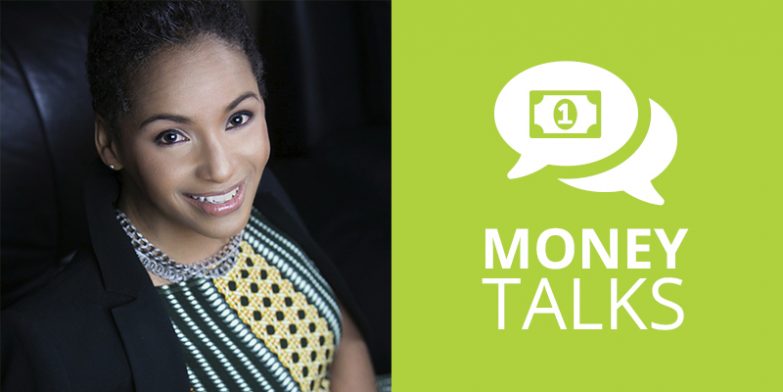At DyMynd we focus on a woman’s relationship with money, and how best to empower women forward towards a healthier sense of financial security. Understanding a woman’s emotional financial security can help her in life and in business.
This year it is important that we break down these barriers so that we can all rise and stand together. DyMynd wants to bust the myth that “money isn’t for women”, and help women forge new relationships with their investment options. Our first money series explored the key money messages that women received when they were young and how that impacts their money making decisions today. In response to the pay gap and gender bias in business, we are starting a new dynamic initiative and conversation about women and angel investing!
To address the funding gap for female entrepreneurs throughout Chicago DyMynd has launched DyMynd Angels, a social initiative to empower women to become investors by getting involved in the entrepreneurial space, and disrupting the way in which female entrepreneurs access capital. In true DyMynd fashion we thought that we would start the conversation by asking women to share their thoughts and views on Angel Investing. We have asked leading women to answer a few questions about their experiences.
Today we are featuring Monika Black, Chief Strategy Officer of DyMynd, Inc., to share her insights about how she sees herself as an angel investor. We invite you to read her responses, get inspired and feel empowered to join DyMynd Angels and support the 1920 ‘Vote Your Money Campaign’ for women who want to decrease the funding gap for female-led startups in Chicago and throughout the Midwest.
When you think of angel investing, what is the first thing that comes to mind?
That it’s for wealthy people. At least that is what used to pop into my mind. I did not see myself as having enough investible assets to even consider angel investing.
Are you currently an angel investor? If not, have you previously considered angel investing. Why did you or did you not become an Angel Investor?
I am currently an angel investor, albeit, I didn’t always use the traditional definition of angel investing. I have invested massive amounts of time, money, and other resources in supporting other women even when I was younger and in school. I did it as a part of my commitment to women and leadership. From family members, community leaders, female-focused organizations, etc. I would give my heart and soul to help someone. I think that like many other women, didn’t consider the support that I was giving to someone else an “investment.” I now value my efforts and support enough to consider it an investment. Once I added up the number of investments that I had already made in other women, I felt much more comfortable seeing myself as an angel investor, in the traditional sense. This even helps me to honor the relationship between investor and founder with more clarity and authenticity. Even as an entrepreneur myself, I am currently invested in one female-led organization in the Chicago area and look forward to investing in more.
When did you first learn about Angel Investing? Was your impression of angel investing positive, negative, or neutral and why?
I first learned about angel investing through my life partner when he was in business school. Many of his friends and colleagues were entrepreneurs and were backed by angels. It was not a positive introduction, as the stories about lack of equal access to angel investors and ego-driven business decisions to make the investors, not the founder, happy permeated most conversations. I heard of angel investors usurping the power of the founder in the name of making a successful exit. I wanted to no part of that. I thought that there has got to be a better, different way, to build a supportive partnership as an angel investor.
To follow along with this conversation and other DyMynd Angel events please follow us on Facebook and subscribe to our email list. Together, women must rise to respond to this funding gap! Click here to share your thoughts below!
Money Talks in Your Inbox
We invite you to subscribe to our mailing list to continue following our Money Talks Blog Series.
Subscribe Now

